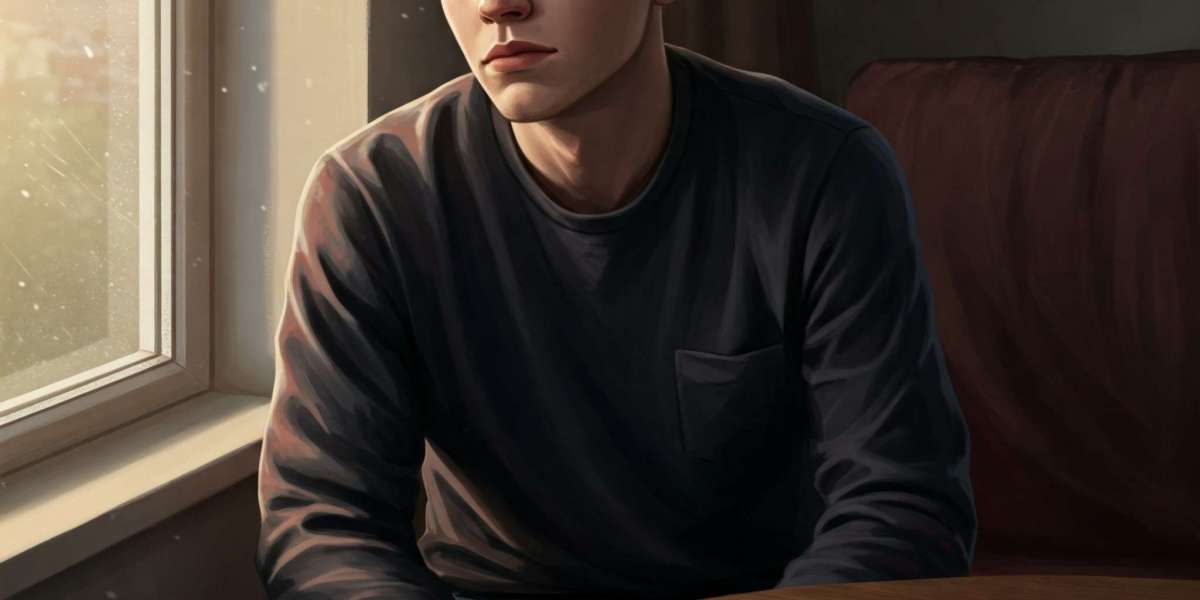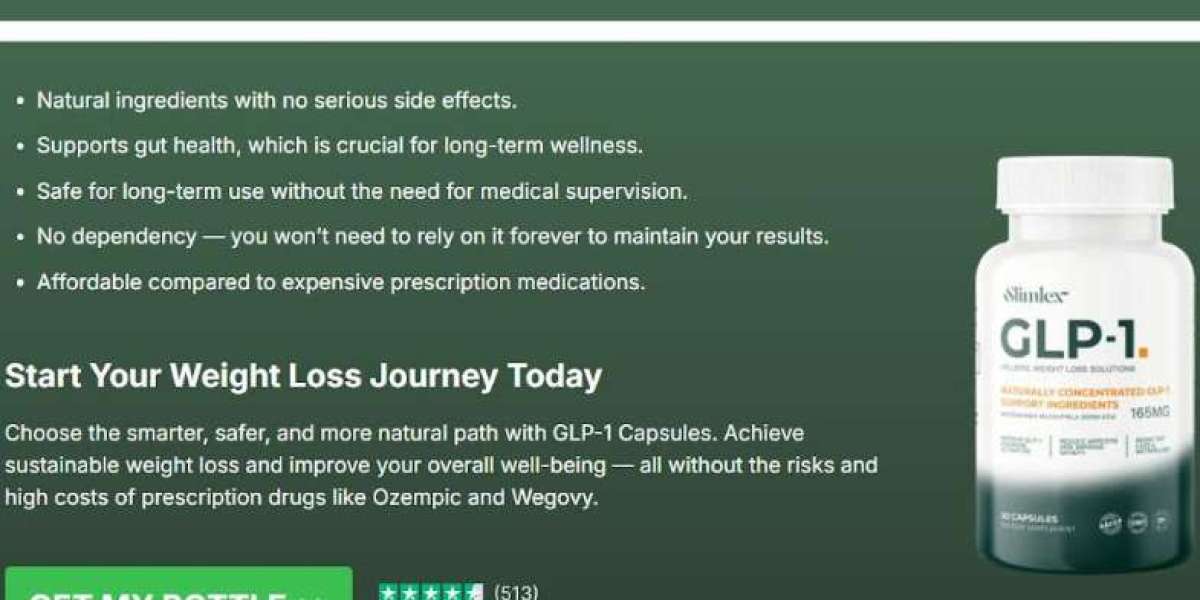Introduction: Losing a License Is Losing a Piece of Freedom
In Germany, where efficient transport is part of everyday life, losing your driver’s license is more than a simple penalty. It strikes at personal independence, daily convenience, and even professional opportunities. For many, it feels like losing a vital part of adult life.
But beyond the practical implications, license suspension has deep psychological consequences that few people are prepared for. Depression, anxiety, anger, and frustration are common emotions during this period. Understanding these reactions is the first step toward building resilience — and successfully navigating the journey back to mobility.
Let’s delve into the psychological phases of losing a license, and how legal and psychological preparation helps you recover.
The Emotional Stages After License Suspension
Just like grief, losing your driver’s license often comes with identifiable emotional stages:
1. Shock and Denial
At first, many people simply refuse to believe their license is gone.
“This can’t be happening to me!”
They might delay taking administrative steps, ignore letters, or miss early opportunities to prepare for the MPU.
Ignoring the issue, however, leads to longer delays and increased psychological stress later.
2. Anger and Frustration
Once the reality sinks in, anger often follows — directed at oneself, the police, the courts, or the entire legal system.
Without good legal advice from a rechtsanwalt verkehrsrecht (traffic law attorney), individuals can make impulsive decisions that worsen their situation.
3. Depression and Withdrawal
Long periods without a license can cause depression.
Social isolation (no driving to events)
Job difficulties (reduced commuting options)
Financial strain (costs of MPU, courses, legal fees)
Understanding that this stage is normal, and temporary, is crucial.
4. Acceptance and Preparation
At some point, most people shift into a proactive mindset:
“What do I need to do to fix this?”
This stage is where professional help — both legal and psychological — becomes essential.
Why Psychological Effects Matter for Your MPU
The Medizinisch-Psychologische Untersuchung (MPU) isn’t just a technical test.
It assesses whether you have truly understood, processed, and corrected the behavior that led to suspension.
MPU questions often explore:
Emotional responses to the offense
Behavioral changes made since the incident
Risk management plans for the future
If you are still in denial, angry, or deeply depressed during your MPU interview, it’s a red flag for the examiners.
Fragen zur MPU (questions about your mental and emotional state) directly assess your emotional maturity after the incident.
How a Verkehrsrecht Anwalt Supports Psychological Readiness
Many people think a verkehrsrecht anwalt (traffic law lawyer) only helps with paperwork.
In reality, they also:
Structure your preparation timeline: Knowing when to start abstinence proof, medical tests, and therapy.
Refer you to MPU coaches: Professional psychologists who conduct mock interviews.
Challenge administrative assumptions: Correcting errors in police reports or earlier judgments that might influence MPU outcomes.
In short, a lawyer gives you a clear plan, reducing psychological chaos and increasing confidence.
Preparing for the MPU Emotionally and Strategically
Passing the MPU isn't about being perfect — it’s about showing emotional growth and realistic awareness. Here’s how to prepare:
1. Psychological Counseling
Many candidates hire MPU coaches or therapists early.
This helps address deep emotional reactions like guilt, anger, or shame — emotions that, if unmanaged, can cause an mpu nicht bestanden (failed MPU).
2. Abstinence Proof and Behavioral Change
If alcohol or drugs like cannabis were involved, documented abstinence is required.
Anwalt cannabis (cannabis lawyer specialists) often recommend starting:
Regular urine/blood tests
Personal behavioral diaries
Lifestyle changes (new hobbies, fitness programs)
3. Mock MPU Interviews
Practicing answers to Fragen zur MPU gives confidence:
"Why did you behave that way?"
"What have you learned?"
"What changes have you made?"
Mock interviews simulate the real experience, reducing fear.
How Long-Term Anxiety Affects Driving Behavior
An overlooked aspect is that post-license-suspension anxiety can affect future driving once a license is restored.
Symptoms include:
Over-cautiousness
Panic during police checks
Avoidance of night driving or highways
If not addressed, this anxiety can lead to new problems, affecting driving safety and legal compliance.
Working with a therapist or MPU counselor can help you rebuild healthy driving confidence.
Real Success Story: From Depression to Reinstatement
Elena, a 32-year-old nurse from Munich, lost her license due to a DUI offense.
She went through:
Six months of depression
Therapy sessions recommended by her anwalt mpu
Proactive abstinence proof collection
Thanks to early psychological support and legal guidance, Elena passed her MPU in the first attempt and regained her license 14 months after the incident.
Today, she drives with newfound caution and emotional stability.
Important Secondary Factors You Shouldn’t Ignore
When preparing emotionally and legally, always consider:
kokain nachweisbarkeit (cocaine detection timelines)
ordnung polizei reports (police order reports)
Abstinence documentation timelines (6-12 months often required)
nachweisbarkeit kokain (detectability evidence for different drugs)
Small technicalities can derail even emotionally prepared candidates.
Conclusion: Healing the Mind, Regaining the License
Losing a driver's license is more than a legal punishment — it’s an emotional injury.
Healing from it requires:
Acceptance
Behavioral change
Emotional growth
Strategic preparation with a rechtsanwalt verkehrsrecht
Only by addressing both the legal and psychological sides of the issue can you truly succeed in your MPU journey and reclaim your driving freedom.
If you're facing a license suspension, don't face it alone. Legal help, emotional support, and early planning make all the difference between another failure and a fresh start on the road.



